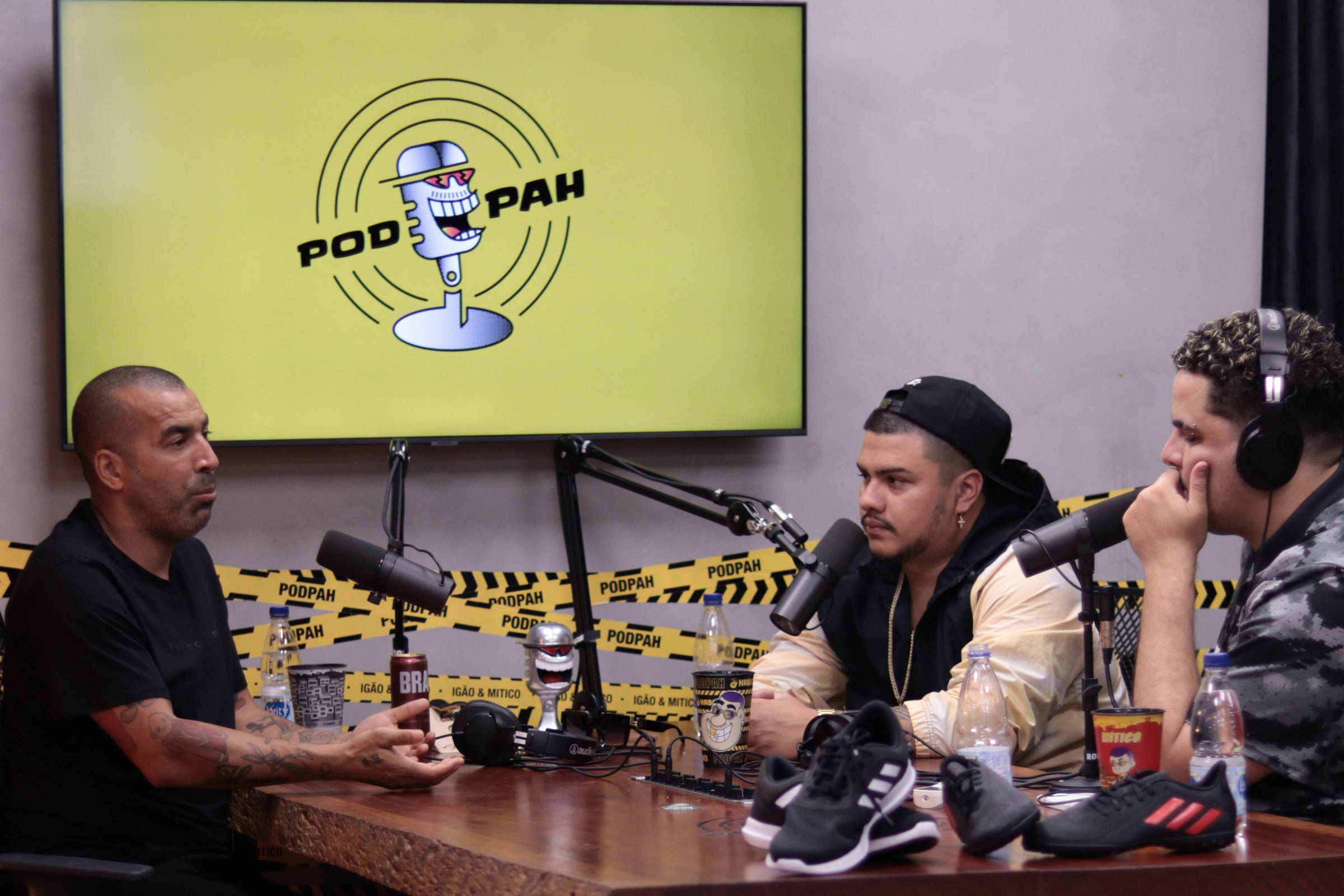You can take the test: just open the app from any audio platform to find podcasts for every taste, from meditation to crime stories, financial advice and celebrity interviews. But among such a diverse menu, Brazilians prefer programs that talk about politics.
This phenomenon was noted by the third survey of cultural habits conducted by Itaú Cultural and Datafolha, which shows that this topic is of most interest to listeners (19%). Then come miscellaneous topics (11%) and daily news (9%). Sports, religion, art and culture each have a preference of 8%.
During the survey, from June 2 to 7, 2,240 people aged 16 to 65 were interviewed by telephone.
Administrator Melina Lass, 43, is one of the listeners who started looking for political podcasts. It all started with Café da Manhã (daily news podcast from Sheet) and discovered others such as Medo e Delírio in Brasilia (a satirical podcast about the Bolsonaro government).
She says newspapers are still her main source of information, but she uses podcasts to keep up with the election-related news.
“I listen not only to be more informed, but also to get the specific opinion of the people on this podcast that I trust,” she says.
INCT.DD (National Institute for Science and Technology of Digital Democracy) researcher Rodrigo Carneiro says that in the last decade there has been an increase in interest in political information in Brazil.
“More precisely, since 2013 this interest has been growing due to the political context of the country. In addition, there is also a significant increase in the use of social networks for the consumption of information of all types, especially with the use of mobile devices.”
He believes the sum of these two factors has helped boost the popularity of podcasts. Carneiro also explains that globally, there has been an increase in the search for information about politics in election years, and Brazil’s mandatory voting highlights this trend.
The survey also showed that the main purpose of respondents when listening to a podcast is to get information (66%). In addition, the public is also looking for entertainment (49%) and education (32%).
Even though it was originally a niche format, the audience of podcasts in Brazil is growing every year. The survey shows that 42% of Brazilians have listened to at least one program in the last year, the equivalent of more than 61 million people. The habit was one of those that grew along with the pandemic – it used to be 32%.
And the practice does not seem to have gone away: 91% of respondents intend to continue listening to this type of content. Along with a larger and more loyal audience, the number of podcasts and how they are consumed is also increasing.
Evidence of this is the platform’s investment in video broadcasts – the programs are also available on video, showing recordings of episodes. Spotify, for example, began supporting video podcasts in Brazil in January. summer smell.
“I think it’s a natural evolution to offer [essa opção] and reach new audiences knowing that there are people who are interested,” explains Rodrigo Viseu, Senior Producer for Spotify Podcasts.
He emphasizes that these programs are an additional format. “If you’re going to access a video on the platform, you’ll see that it can be accessed in the foreground just like the video itself, or you can leave it in the background very easily.”
Nearly half (47%) of survey respondents tend to listen to podcasts from YouTube is a video platform. Audio-focused Spotify is the favorite of 24% of Brazilians.
This does not mean that all of this YouTube audience is “watching podcasts”. Many programs only publish audio to the platform, with a static image filling the screen.
However, the demand for live video is perhaps the best example of this is Podpah. Considered one of the largest podcasts in the country, most of its audience is related to YouTube.
Created in 2020, the program is presented by Igor Cavalari, known as Igao, and Thiago Marquez, Mythical, who started on the Internet as YouTubers. For Program CEO Victor Assis, this video has been a key to Podpah’s success because it brings the audience closer to the interviewee.
“I see the look on a guy’s face, whether he’s comfortable or not,” he says, who believes it also made the podcast more serious in the marketplace.
“When you see [rapper] Mano EyebrowWhen you laugh and feel comfortable with the boys, you think that “there are people really relaxed, talking.” So you stop getting to know the work of the “corporate artist” and start getting to know the “individual artist,” he says.















